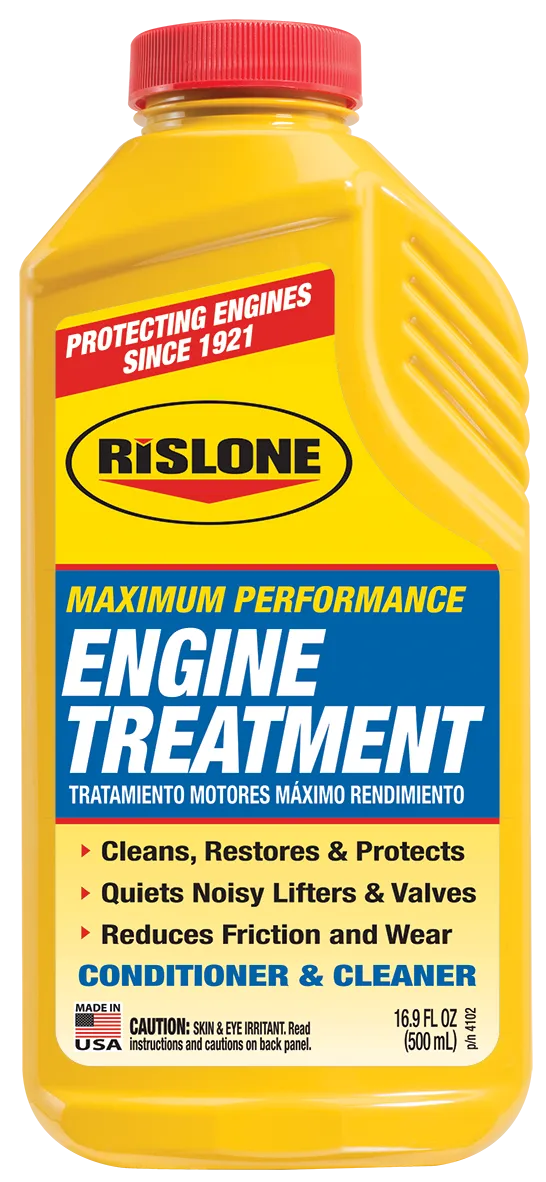Tech 101: Why Does Motor Oil Need Additives?
Oil is the lifeblood of a car. It keeps the components healthy and makes sure the moving parts keep on moving. There is a lot more that goes into your oil than you might think, however. Depending on your purposes and how you use your car, you may want to consider a motor oil additive. These specially-formulated chemicals can help improve your engine’s performance and longevity without breaking the bank.
Modern oils are better than older oils, yes. But are they engineered with a specialty in mind? No – they are general lubricants for a wide range of operating conditions. If you want the best performance, or the longest wear protection in severe conditions, you need to look for a specialist. That’s where we come in.
Motor Oil Additives and Their Purpose
Motor oil additives can be all-purpose and work for most standard vehicles. These additives usually reduce engine wear and friction and can improve fuel efficiency. Other additives may address more specific problems, like corrosion, emissions or engine smoking.
Some common problems are often addressed with the following ingredients. Many of them can be found within a single additive:
- Viscosity index improvers (VIIs): Viscosity refers to the thickness of the oil, which determines how easily it flows throughout the engine. If the viscosity is too high, the oil can stick and become gummy. If it’s too low, it will flow quickly, closer to the consistency of water. When the oil moves this quickly, it doesn’t really have time for its various benefits to be left on the metal. Viscosity also changes with the temperature. VIIs can help limit this behavior, keeping oil at a more steady viscosity across temperature ranges.
- Corrosion inhibitors: Keeping the engine in good condition is vital to its longevity, and preventing rust and corrosion can help.
- Anti-wear agents: These additives help keep machine parts protected from wear over time. They typically form a film on the surface of the metal to create a barrier. One of these is zinc dialkyldithiophosphate (ZDDP), which older cars, especially, can benefit from. Zinc is an important part of corrosion resistance. However, new cars don’t need it as much, so oil manufacturers stopped including zinc by default.
- Detergents: Detergents help keep deposits from forming on the metal components and can neutralize certain acids.
- Dispersants: Dispersants and detergents often work together. Dispersants help remove any particles or contaminants in the oil, preventing it from sticking to the components and becoming sludge.
Other additives include anti-foaming agents, demulsifiers, emulsifiers, biocides, and extreme pressure modifiers. Oil additives and their purposes can vary widely.
Benefits of Using Motor Oil Supplements
With all these options, you might wonder if motor oil additives will work. The answer depends on your needs. The motor oil supplement you choose needs to be right for your car and your engine, so make sure you follow specifications.
While motor oil supplements are not a necessity to run your car, they can improve its functioning, performance and lifespan. Motor oil straight out of the bottle typically has a small percentage of additives already, but you can further improve your results with aftermarket options.
Overall, some of the benefits of using motor oil additives include:
- Reducing friction
- Reducing wear
- Removing and preventing sludge and buildup or blockage
- Increasing your engine’s lifespan
If you have more specific needs, like zinc or high-mileage treatments, you can find those too. At Rislone, our famed Engine Treatment is the perfect go-to for most cars and can improve your engine’s life and performance.




